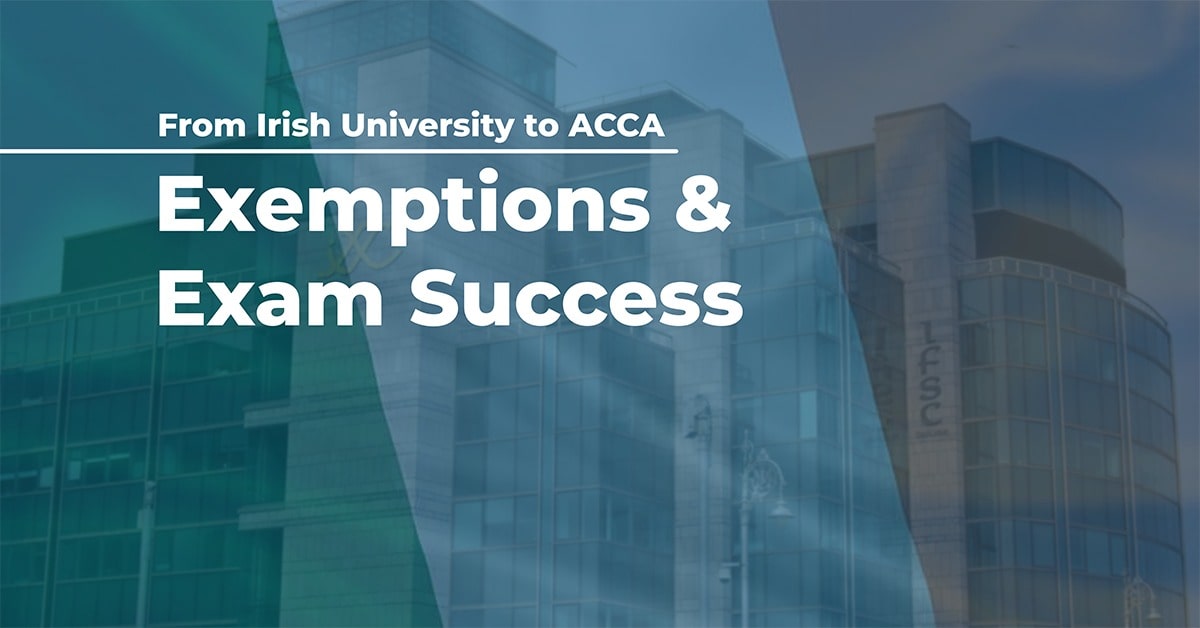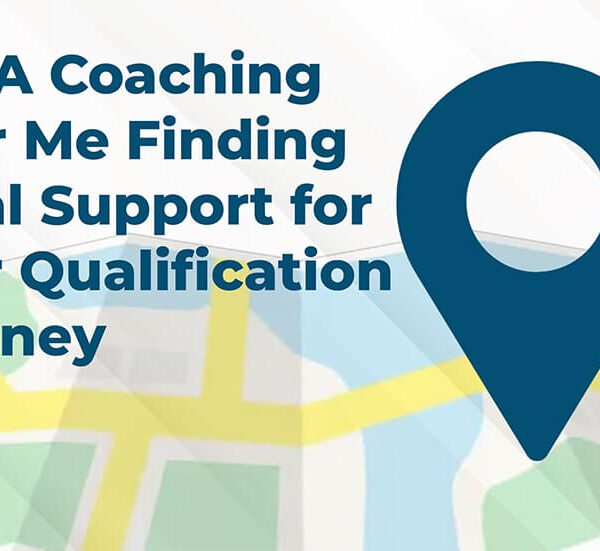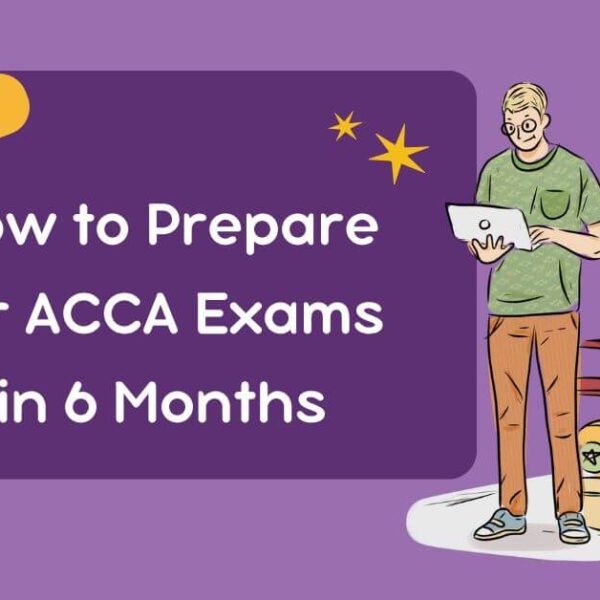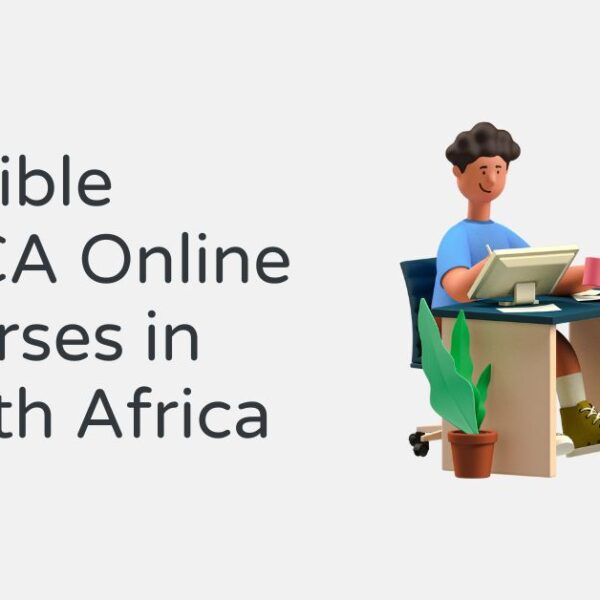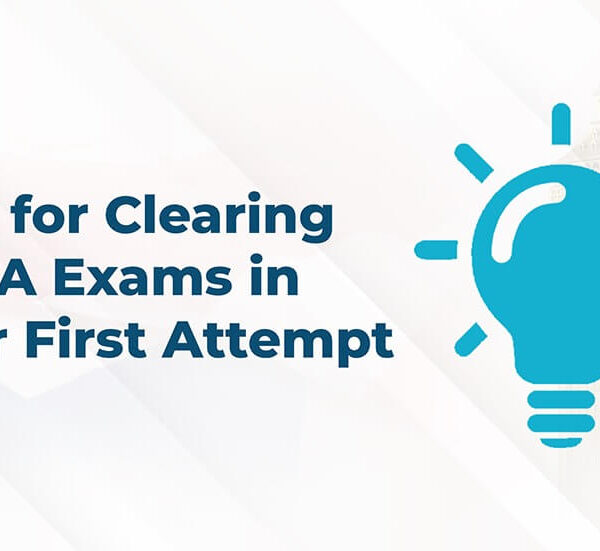For graduates of Irish universities with accounting, business, or finance degrees, the transition to ACCA qualification represents a crucial career step. While prior academic achievement often provides valuable exemptions from certain examination papers, the journey from university education to ACCA success involves significant adjustment and strategic preparation. This article explores how Irish graduates can effectively bridge the gap between academic learning and professional examination requirements.
Understanding the Exemption Landscape for Irish Graduates
Irish university degrees offer varying levels of exemption from ACCA examinations, depending on course content and accreditation arrangements:
Common Exemption Patterns
Typical exemption profiles for Irish graduates include:
Accounting Degree Graduates
Dedicated accounting programs from accredited Irish universities typically offer:
- All three Applied Knowledge papers (BT, MA, FA)
- Several Applied Skills papers, commonly including LW, TX, FR
- Occasionally additional Applied Skills exemptions depending on specific module choices
This often results in 6-9 papers exempted from the 13-paper qualification.
Business Degree Graduates
Business programs with accounting components usually provide:
- Most Applied Knowledge papers
- Selected Applied Skills papers based on specific module completion
- Typically 3-5 papers exempted in total
Finance Degree Graduates
Specialized finance programs commonly offer:
- Applied Knowledge papers in financial areas
- Potential Financial Management (FM) exemption at Applied Skills level
- Typically 3-4 papers exempted overall
Key Irish Institutions and Exemption Arrangements
Several Irish universities maintain strong ACCA accreditation partnerships:
- University College Dublin’s Commerce and Accounting programs
- Trinity College Dublin’s Business Studies paths
- Dublin City University’s Accounting and Finance degree
- University of Limerick’s Accounting and Finance programs
- National University of Ireland Galway’s Commerce options
- Technological University Dublin’s Accounting streams
- Cork Institute of Technology’s Accounting offerings
Each institution maintains specific exemption arrangements detailed on the ACCA website and university program documentation.
The Transition Challenges for Irish Graduates
While exemptions provide a valuable head start, several challenges typically emerge during the transition from university to ACCA studies:
Examination Approach Differences
University and ACCA assessments differ significantly:
Applied vs. Theoretical Focus
- University examinations often emphasize theoretical understanding and critical discussion
- ACCA papers require practical application of knowledge to scenario-based questions
- Commercial awareness and business context understanding become increasingly important
Time Pressure Intensity
- ACCA examinations impose strict time constraints requiring efficient question processing
- Strategic time allocation becomes essential for examination success
- Practice under timed conditions becomes crucial for developing examination technique
Integrated Knowledge Requirements
- University modules often assess discrete knowledge areas
- ACCA examinations, particularly at Strategic Professional level, require integration across subject areas
- Connecting different knowledge components becomes increasingly important
Study Methodology Adjustments
Effective learning approaches differ between university and professional examinations:
Self-Directed Learning Expectations
- University programs typically provide structured teaching and guidance
- ACCA studies, especially when conducted alongside employment, require significant self-direction
- Creating and maintaining personal study schedules becomes essential
Application Emphasis
- University success often comes from understanding and explaining concepts
- ACCA success requires applying concepts to complex scenarios
- Practice questions and case studies become central to effective preparation
Maximizing Exemption Advantages
Irish graduates can implement several strategies to leverage their exemption benefits effectively:
Strategic Exemption Decisions
While exemptions offer advancement, they warrant careful consideration:
Knowledge Foundation Assessment
- Honestly evaluate your understanding of exempted topics
- Identify gaps in foundational knowledge from university study
- Consider whether accepting all available exemptions serves your long-term development
Selective Exemption Acceptance
- Consider sitting examinations despite exemption eligibility in areas where:
- University performance was marginal
- Core knowledge will be built upon extensively in later papers
- Professional application differs significantly from academic treatment
Financial Considerations
- Compare exemption fees against self-study costs for areas of strong knowledge
- Consider time value against financial cost where appropriate
- Evaluate potential salary advancement from faster qualification
Knowledge Consolidation Strategies
Bridging university learning to professional application requires:
Gap Analysis Process
- Review ACCA syllabus areas against university module content
- Identify topics covered superficially or omitted entirely
- Develop targeted study to address identified gaps
Foundational Reinforcement
- Revisit fundamental concepts underpinning exempted papers
- Strengthen understanding of core principles that connect throughout the qualification
- Update knowledge with current professional practices and standards
Effective Study Strategies for Remaining Examinations
Irish graduates transitioning to ACCA studies should consider these approaches:
Study Method Selection
Choosing appropriate learning support for your circumstances:
Self-Study Considerations
- Suitable for disciplined learners with strong foundational knowledge
- Requires exceptional time management and self-motivation
- Benefits from supplementary resources and question practice
- Most economical but lacks structured guidance
Online Course Advantages
- Flexible scheduling accommodating work commitments
- Structured learning pathways with clear progression
- Access to tutor support when facing challenges
- Interactive resources fostering engagement
- Particularly valuable for Irish professionals balancing study with employment
Classroom-Based Options
- Traditional approach with scheduled sessions
- Direct interaction with tutors and fellow students
- Structured accountability enhancing completion
- Available through providers across major Irish cities
Professional-Level Examination Preparation
Strategies for success in more challenging papers:
Integrated Learning Approaches
- Connect concepts across different subject areas
- Develop frameworks for analyzing complex scenarios
- Practice identifying multiple issues within single case studies
- Build professional judgment through practice decisions
Strategic Question Practice
- Focus on recent examination trends and formats
- Develop efficient reading and information extraction
- Practice planning responses before detailed writing
- Master time allocation across examination sections
Conclusion: Building on Academic Foundations for Professional Success
For Irish university graduates, the transition to ACCA examination success represents an opportunity to transform academic knowledge into professional capability. While exemptions provide a valuable head start, effective transition requires recognizing the differences between university and professional study, developing appropriate learning strategies, and building the additional skills necessary for examination success.
By approaching the transition thoughtfully, Irish graduates can maximize the advantages their academic background provides while developing the application skills, commercial awareness, and examination technique essential for ACCA qualification. The journey from exemptions to examination success then becomes not merely an academic exercise but a transformative professional development process that establishes the foundation for a rewarding financial career.

